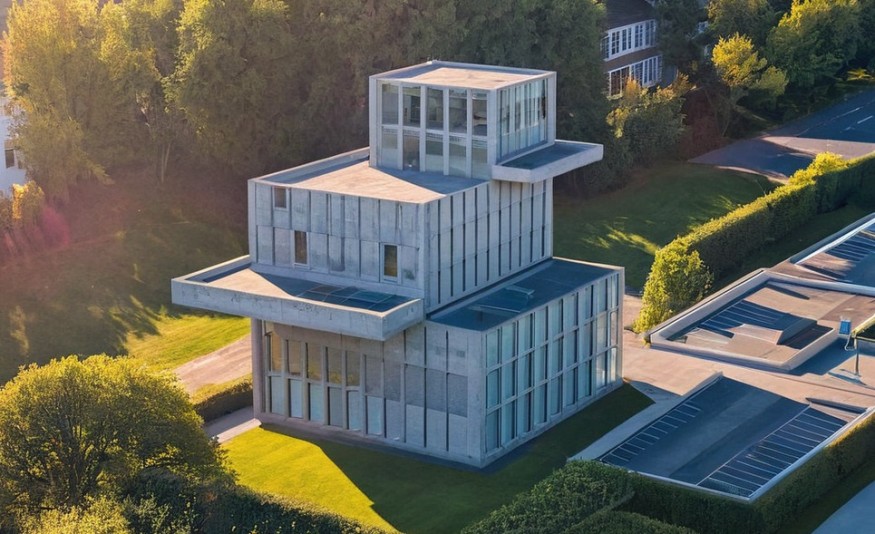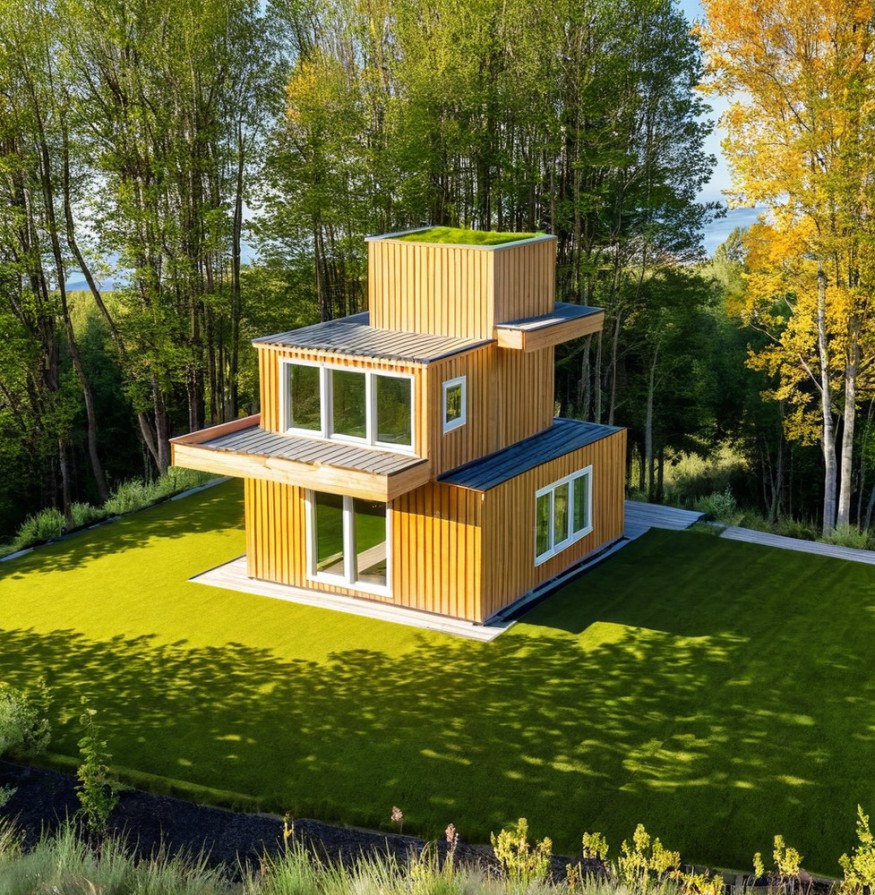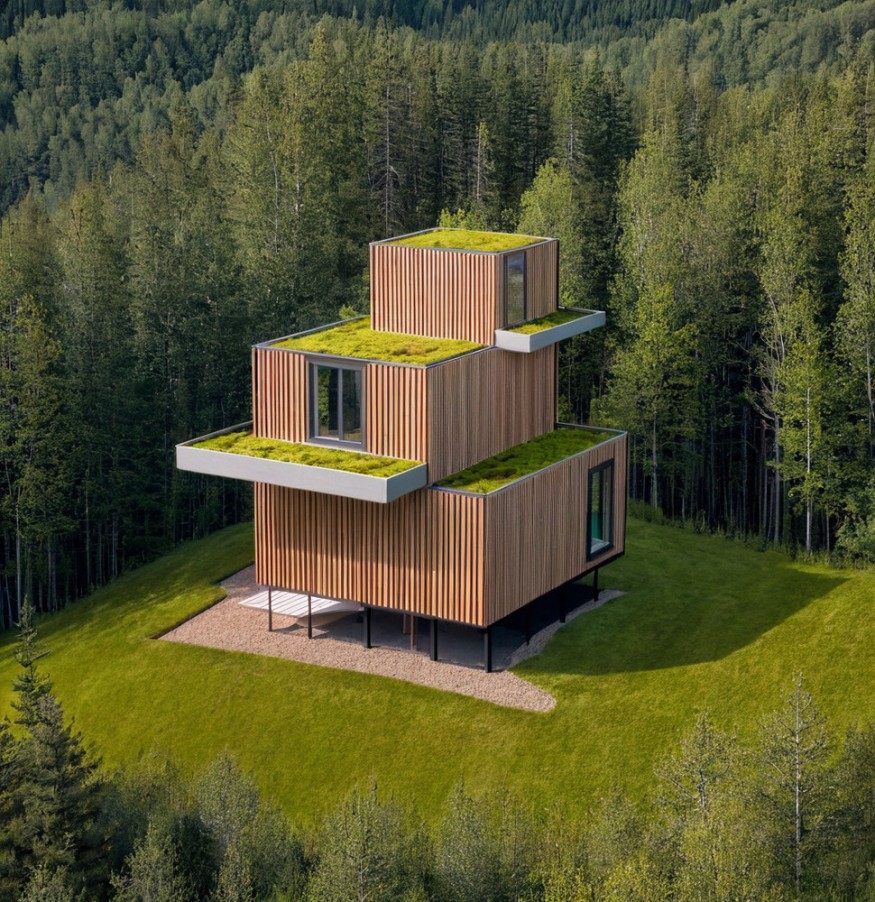Gendo’s Generative AI Revolutionizes Architectural Design With Customizable Visualizations

The introduction of AI generative tools represents one of the most significant technological advances in architecture and design. While there are concerns about how this will affect the working environment for professionals in the field, many practices are implementing the new technology. Architectural visualizations represent one of the main areas where these changes take effect. However, the array of AI tools accessible to non-specialist users rarely allows accurate control over the design process, often offering general interpretations of scripts. This can be helpful during early conceptual design phases but loses its appeal soon after. Gendo, a new browser-based app, aims to change this, offering the possibility to generate visualizations in seconds and edit and customize them, even introducing real-life products in the design.
Revolutionizing Architectural Visualizations
Architectural visualizations are essential for firms to develop design solutions, collaborate with clients, and win competitive bids, but the process is often complex and time-consuming. Gendo's generative AI platform accelerates this process, enabling architects to produce complex visualizations rapidly while maintaining control over the output. This is obtained by accommodating a variety of input, including 2D drawings or sketches and text prompts, with plans to develop further the program to accommodate 3D models. The beta version has already been employed by internationally recognized practices like Zaha Hadid Architects, KPF, and David Chipperfield Architects.
Also Read : Architecture Firms Urged To Rethink Involvement in Saudi Arabia's Controversial Neom Project
Starting with the user's input, be it text or image-based, users can use text prompts to obtain detailed visualizations in various styles and with multiple options. Once the images are generated, Gendo allows for extensive customization, enabling architects and designers to tweak specific regions, adjust colors, lighting intensity or direction, structural features, or add particular furniture. The program also allows the creation of culturally appropriate clothing and topographically correct trees, ensuring that the user can control every detail in the rendering. Gendo's ongoing development aims to expand its capabilities further, with proposed advancements aiming to integrate real-life products, including materials, finishes, or furniture, into the program's capabilities.

Founders' Vision and Industry Impact
Founded by architectural designer and visualizer George Proud and software engineer Will Jones, Gendo was designed specifically for architects and designers. It aims to become a useful tool not only in the conceptual phases but throughout the design process. Gendo hopes that by streamlining the visualization process, architects will be able to focus more on the creative aspects of their work, allowing them to test ideas quickly without losing the original scale and characteristics of their designs.

AI's Transformative Impact on Architecture
As AI evolves, its integration into architecture is transforming the profession. From improving urban planning to making design more accessible and efficient, artificial intelligence raises critical questions about the industry's future creativity and expertise. At an urban scale, AI-informed urban planning holds significant promise for creating more intelligent, efficient, and sustainable cities. The technology also has applications in decarbonizing the building industry, enabling changes and assessments from conception to building implementation. At an individual level, AI is also heralded for its potential to democratize design, lowering the entrance threshold in the field.
Gendo's generative AI platform is setting a new standard in architectural visualizations, proving that with the right tools, the future of design can be both innovative and inclusive.
Related Article : Top 5 Architecture and Design Events To Attend This July
From Digital Models to 3D-Printed Homes: Jaspreet Kaur Lall Explains How the Innovation Changes the Construction Industry

Future Belongs to Green Construction: Sampath Kumar Paspunoori Explains One of the Key Trends in the Construction Industry

Kamala Harris' Campaign Ad Uses Iconic Visuals from Carrie Mae Weems to Connect with Voters

Historic Ancient Roman Ruins in Baalbek Remain Strong After Israeli Air Strikes; Locals Seek Cultural Protection

4 Ways to Honor Departed Loved Ones in Your Home Design













